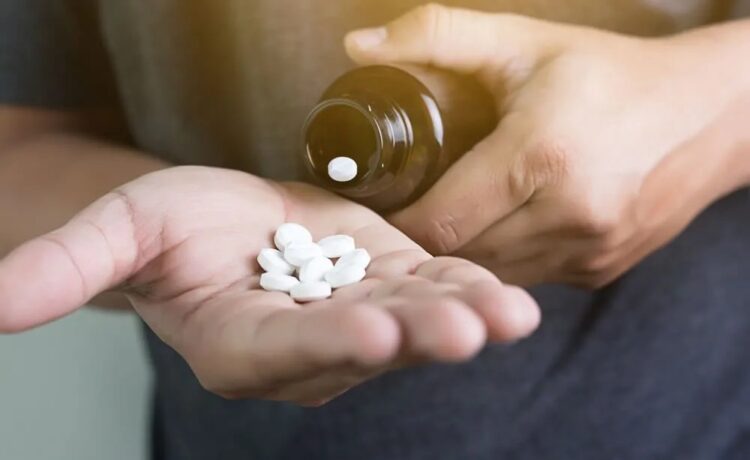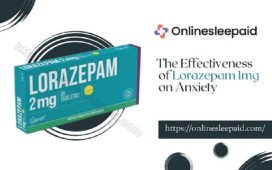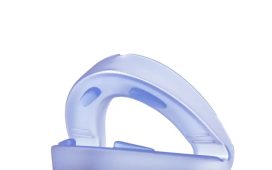The terms “opioid” and “opiate” are often used interchangeably, but they refer to distinct categories of drugs with similar properties. Understanding the differences between opioid and opiate addiction and recovery is essential for individuals and loved ones seeking support and guidance on the journey to sobriety and wellness. In this blog, we’ll explore the nuances of opioid vs. opiate addiction, the unique challenges each presents, and the pathways to recovery that offer hope and renewal.
If you are in the Bluffton or Hilton Head area and in need of effective drug rehab, contact Southern Sky Recovery today.
Differentiating Opioids and Opiates
Opiates refer to natural substances derived from the opium poppy plant, such as morphine and codeine. These drugs have been used for centuries for their pain-relieving properties and include both prescription medications and illicit substances. Opioids, on the other hand, encompass a broader category of drugs that include both natural opiates and synthetic or semi-synthetic compounds designed to mimic their effects. Common opioids include prescription painkillers like oxycodone, hydrocodone, and fentanyl, as well as illicit drugs like heroin.
Similarities and Differences in Addiction
Both opioids and opiates have the potential for abuse and addiction due to their ability to produce feelings of euphoria and pain relief. Individuals who misuse these drugs may develop physical dependence and experience withdrawal symptoms when attempting to quit. However, there are some differences in the addictive properties of opioids vs. opiates. Synthetic opioids, such as fentanyl, tend to be more potent and carry a higher risk of overdose compared to natural opiates like morphine or codeine.
Challenges in Opioid vs. Opiate Recovery
Recovering from opioid or opiate addiction presents similar challenges, including intense cravings, withdrawal symptoms, and psychological distress. However, there may be differences in the types of treatment and support needed for each substance. For example, individuals addicted to prescription opioids may benefit from medication-assisted treatment (MAT) with drugs like buprenorphine or methadone, while those struggling with heroin addiction may require additional support to address social and economic factors contributing to their substance use.
Pathways to Recovery
Regardless of whether an individual is struggling with opioid or opiate addiction, recovery is possible with the right support, resources, and commitment to change. Some pathways to recovery that may be beneficial for individuals include:
Medically Supervised Detoxification (Detox): Undergo detoxification under the care of medical professionals to safely withdraw from opioids or opiates and manage withdrawal symptoms.
Therapy and Counseling: Engage in individual therapy, group counseling, or behavioral therapies (e.g., cognitive-behavioral therapy, dialectical behavior therapy) to address the underlying issues driving addiction and develop coping skills for managing cravings and triggers.
Medication-Assisted Treatment (MAT): Consider MAT with medications like buprenorphine or naltrexone to reduce cravings, alleviate withdrawal symptoms, and support long-term recovery.
Support Groups: Participate in support groups such as Narcotics Anonymous (NA) or SMART Recovery to connect with peers, share experiences, and provide mutual support and encouragement on the journey to sobriety.
Lifestyle Changes: Adopt healthy lifestyle habits, including regular exercise, balanced nutrition, adequate sleep, and stress management techniques, to support physical and emotional well-being in recovery.
Aftercare Planning: Develop a comprehensive aftercare plan that outlines ongoing support, resources, and strategies for maintaining sobriety and preventing relapse. This may include continued therapy, participation in support groups, and involvement in recovery-oriented activities.
Learn More About Addiction Treatment In Hilton Head, SC
Whether struggling with opioid or opiate addiction, individuals can find hope and support on the journey to recovery. By understanding the differences between opioid and opiate addiction, seeking help, and embracing the various pathways to recovery available, individuals can break free from the grip of addiction and reclaim their lives. If you or someone you know is struggling with opioid or opiate addiction, know that help is available, and recovery is possible with compassion, support, and determination. Together, we can confront addiction and build a future filled with health, hope, and healing.
If you are searching for a trusted Hilton Head drug rehab, choose Southern Sky Recovery. We offer a variety of addiction treatment programs that are personalized to your unique needs.











